Empty Cathedrals and Stubborn Faith
What a semester in Europe taught me about my faith and being Lutheran
Normally there is a paywall after a preview below, but I am temporarily making this available for all readers. If you would like to support my writing but do not want to commit to being a paid subscriber, please consider a one-time donation. I will give you one month of access to all paid content.
And don’t forget to check out the Kickstarter for my next book! It’s a third of the way to being funded! There are just over two weeks left and there are discount opportunities for a paid subscription here on Substack.
The vaulted ceilings of St. Peter’s Basilica rose above our heads, the breathtaking splendor of the crown jewel of the Vatican taking our breath away. I had never seen such a beautiful church in my life, and while I had felt God’s presence in so many different ways over the previous 20 years, this felt so different. It felt holy. I knew the history of the Vatican, at least the history that I had learned in my lifetime as a Lutheran. My Lutheran head knew that this space had been paid for with indulgences. I knew that the Vatican had a troubled past, that the history of construction and leadership had been far from holy. But that didn’t matter as I stood in the middle of the wide open space. God was here and He was speaking to me.
We were three Lutheran college students spending two weeks backpacking around Europe before our fall semester began in London. We had no idea what we were doing as we planned our trip across five countries. We didn’t have cell phones and our only internet access was available through internet cafes and occasional computers in a select few hostels. I carried a single guidebook that was supposed to help us navigate Paris, Rome, Florence, Munich, and Lucerne, but we were really just figuring it out as we went. And Joy and I were thankful that we had Josh with us to keep the creepers away.
The day after we landed in London, we took the Chunnel to Paris for what was supposed to be a single-night layover before hopping another train to Rome. But after our not-so-sober birthday celebrations the night before, we missed our early morning train to Rome and ended up spending another day in Paris, this time walking around the city before we were able to check into another hostel closer to the train station. (Note: Highly fictionalized account of that one night in Paris can be found at the link below.)
We all had plans to return to Paris, so when we happened across Notre Dame, Josh found a bench to sleep on while Joy and I walked around the historic cathedral and then settled in for our own personal time, me sitting on a bench and writing in my journal to recount the night before. I was passing on my first opportunity to see a European cathedral because I was positive I would make a return trip, which never happened.
When we finally arrived in Rome, I had a full list of all of the things I wanted to see and we had two full days to do everything. Yes, I’ve always been an ambitious planner. I started well before I started planning camping trips for my family.
The first day we walked all over Rome in the rain, catching the Coliseum, the Pantheon, and more ancient ruins than I knew could exist in a single city. But our second day was entirely devoted to Vatican City and our chance to see the Sistine Chapel.
Ignorant of traditions and schedules, we had no idea when we arrived at the Vatican that Pope John Paul II would be giving a Wednesday sermon to thousands of faithful Catholics. St. Peter’s Square was packed and we listened to him speaking in Italian to the masses, zooming our film cameras in as much as we could to capture the event.
We left the crowded plaza so we could walk through the entire Vatican Museum, sign after sign directing us toward the Sistine Chapel, which had been top on my to-do list while we were in Europe.
I don’t know what I expected, but the small chapel where the Catholic church leaders meet to select each pope was…anticlimactic. It isn’t that the restored ceiling wasn’t beautiful. Michelangelo’s achievement is stunning. But the chapel is, well, a chapel. It’s a small room originally designed for small gatherings, not the five million people who file through the room every year.
And maybe that’s why the inside of St. Peter’s was so breathtaking. After seeing so much art that celebrated the Christian faith, the vast ceilings reaching to the heavens summed up my feelings from the day. This wasn’t about youth group highs and prayers dripping with teen angst. For an entire day, I felt God’s quiet presence, and it was a feeling I would experience over and over again for three months.
After walking through more cathedrals during our stop in Florence, we Lutheran kids of German descent spent three nights in Munich. I had convinced myself that if we were going to be in Germany, the birthplace of Lutheranism, then we should spend part of one Sunday visiting a Lutheran church. Only we quickly discovered once we were in southern Germany that we were in a predominately Catholic region of the country. It was a slight tremor in my foundations, where what I had always thought to be true about my faith narrative was not quite as clear as I thought. It faced another challenge as I walked the grounds of Dachau, painfully aware of the close proximity of the camp to the town where “good Christians” had turned a blind eye to the atrocities happening in their backyard.
When we finally arrived back in London, we met up with the other 20 American college students and our visiting professor from Portland, Oregon and settled into Oak Hill Seminary, an Anglican seminary on the north side of London. I had spent my entire life inside tight Lutheran circles, studying and learning about my faith within that small context. Suddenly I was in an educational setting that required nuance. My theological purity was challenged as I attended theology classes with men (and some women) studying from a different tradition.
Over the next three months, I would learn from my non-Lutheran classmates. We worshipped and communed together (after I decided that taking communion was more important to me than not). I listened as pastors gave sermons calling Jesus’ disciples “blokes” and concerned themselves with the Gospel over culture wars. (This little detail probably planted more seeds than I realized as the culture wars heated up in the United States.) I observed the quiet practice of living faith in a Western country that no longer concerned itself with promoting the official state religion.
I grieved the ruins of churches and monasteries destroyed by Cromwell’s crusade against the Catholic church, and beautiful historic cathedrals sitting nearly empty during traditional worship times. It was a visual testament to the British cultural move away from faith and worship. I also marveled at the names of those buried in Westminster Abbey, admiring and stepping over the gravestones of many imperfect humans. In a time before I better understood that the world is more complicated than I had been led to believe, I laughed as I viewed the marker for Charles Darwin, judging the faith of a man I only understood through evolutionary theory. And I only understood evolutionary theory through the tiny lens of the most dominant American Christian voices.
As a lifelong Lutheran, daughter of a Lutheran church worker, granddaughter of a Lutheran pastor, and student of Lutheran schools for all but five years of my education, regularly worshipping with my Anglican classmates opened my eyes in other ways, too. The liturgy was similar, the messages were over the same Bible, and I left worship feeling spiritually fulfilled. And yet I still struggled, because I was Lutheran. Sure, I believed that my classmates were strong and faithful Christians, but I felt there had to be something missing.
And yes, I do realize how incredibly pretentious that sounds now.
About halfway through the semester, a group of us did find our way to an associated Lutheran church in London, but it was about an hour's tube ride from Oak Hill. In my journal I wrote, “It was wonderful to use Lutheran liturgy, even if it was the ‘old’ hymnal. Unfortunately, it was a REALLY small group (like 20 without us) and that was discouraging.” Looking back over twenty years later, I realize just how much I wanted to do things right. I hated the old red hymnal. I really did. Instead of opening myself up to the possibility that my British classmates had something to teach me about my faith, I clung to tradition instead of allowing myself to evolve.
Around Thanksgiving, my friend Anne’s dad visited from the States and did a mini communion service for the Lutheran students. I wrote in my journal, “It was wonderful and it was only the second time I had Lutheran communion while here. It was great to sing Lutheran hymns and use Lutheran liturgy with our little group. I found it very uplifting.” And it was. But there are so many things I wish I could tell 20-year-old Sarah at that moment. So many things she didn’t know. So many experiences that she hadn’t had. I want her to know that God is so much bigger than she was making Him at that moment.
By the end of the semester, for the first time ever I got to see my faith not as an extension of how I behaved, but instead how I loved. It would be years before I would immerse myself into the world of C.S. Lewis outside of Narnia, but my experiences had planted seeds of curiosity that would be watered over the next decades as I read and studied and learned outside of the world in which I had been raised. Like many Americans raised in denominational faiths that view outsiders with suspicion, there are still times I struggle with seeing myself as a Child of God first, and a Lutheran second. But I don’t believe we should want our faith to look like it did when we were children. We should want more.
Twenty-five years later, I see the faith lessons I learned during that semester as a gift, even if it did take many years for those seeds to take root. And I am better for it.
Please “like” by clicking on the ❤ and share this post with your friends so that others can join me on the journey.

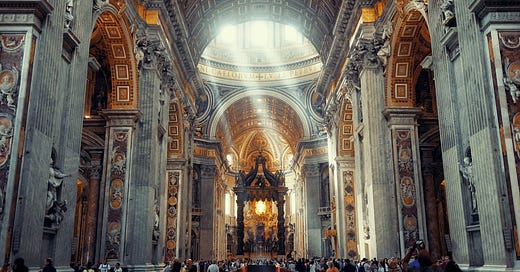



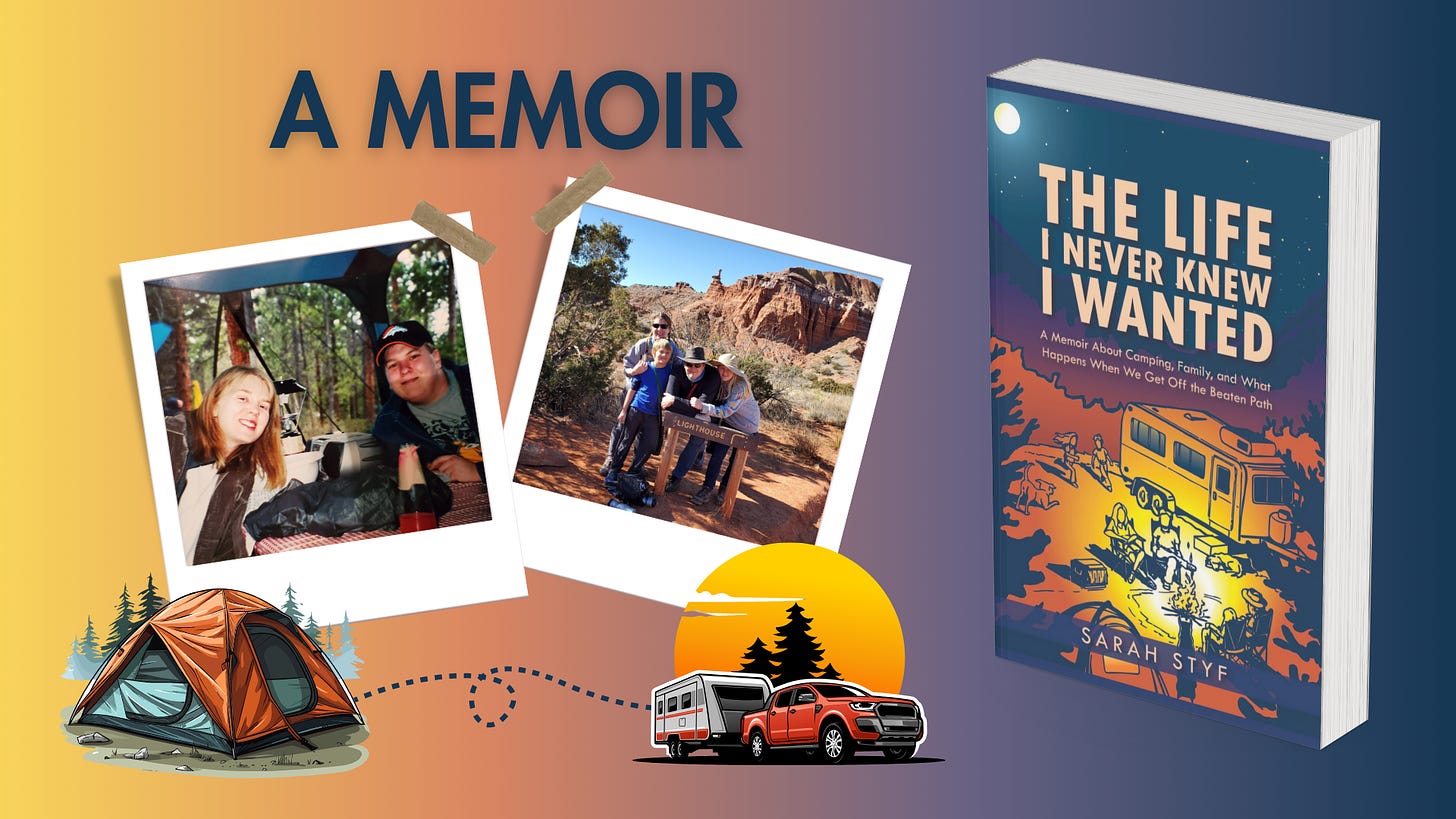
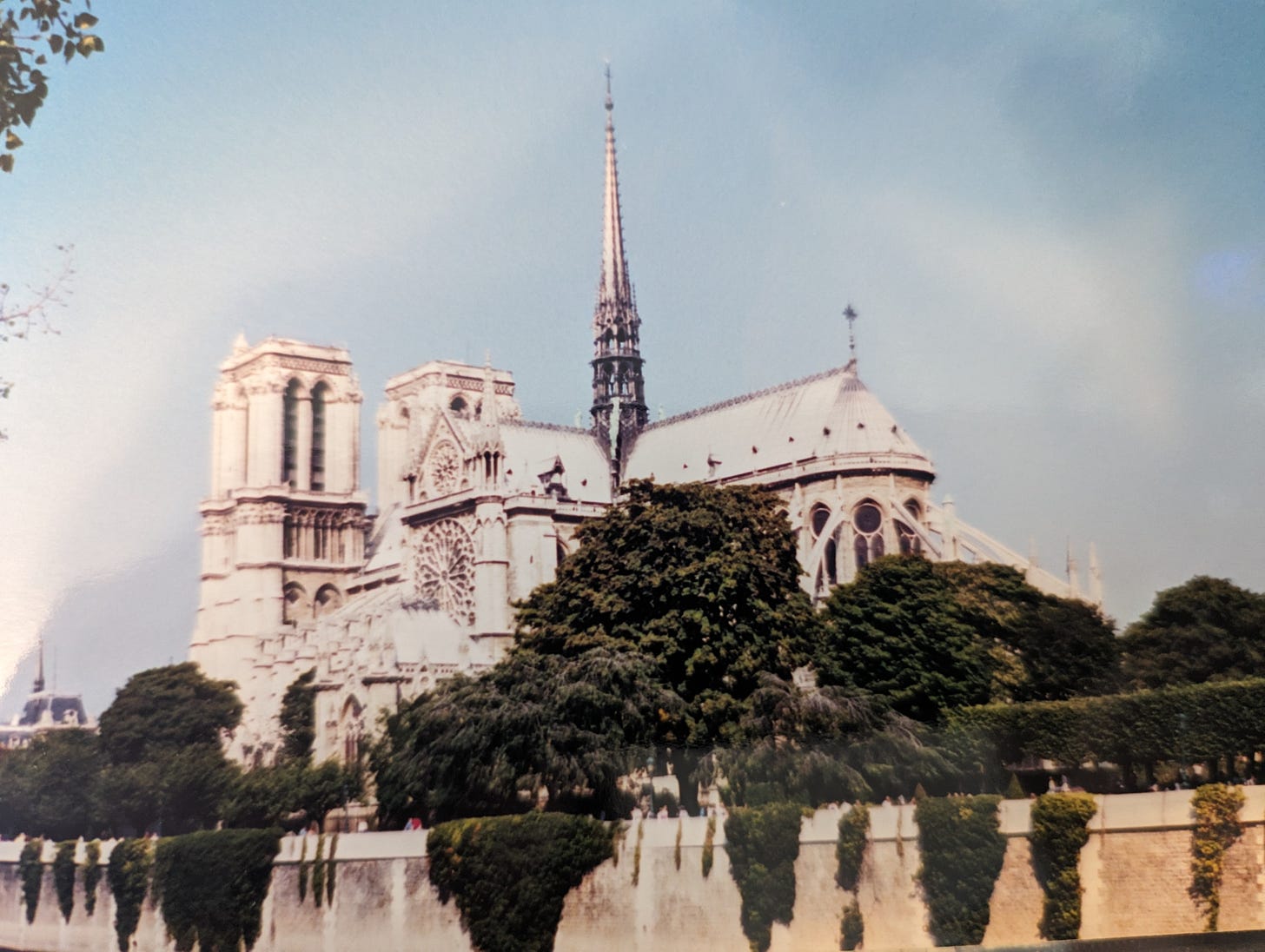
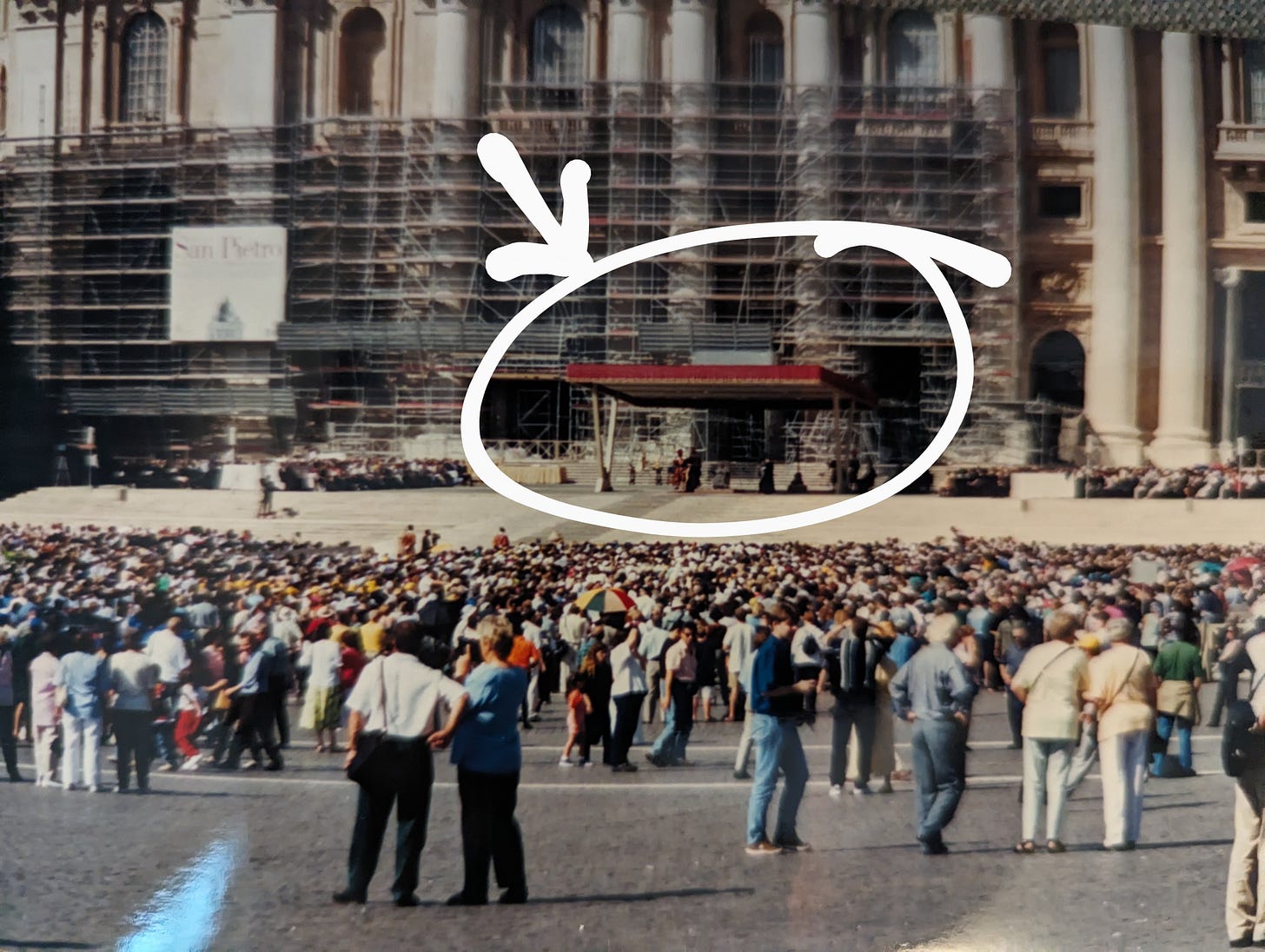
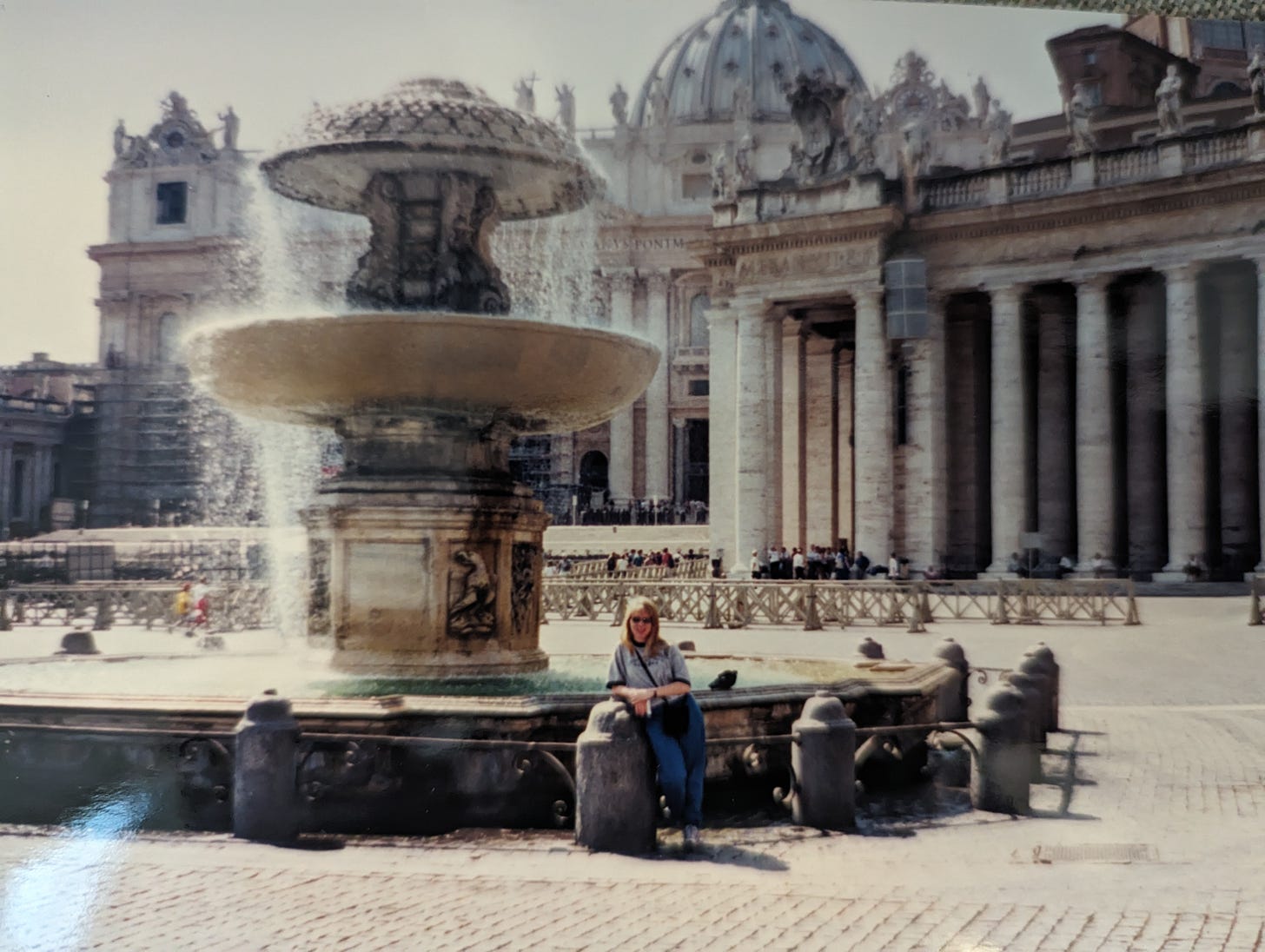
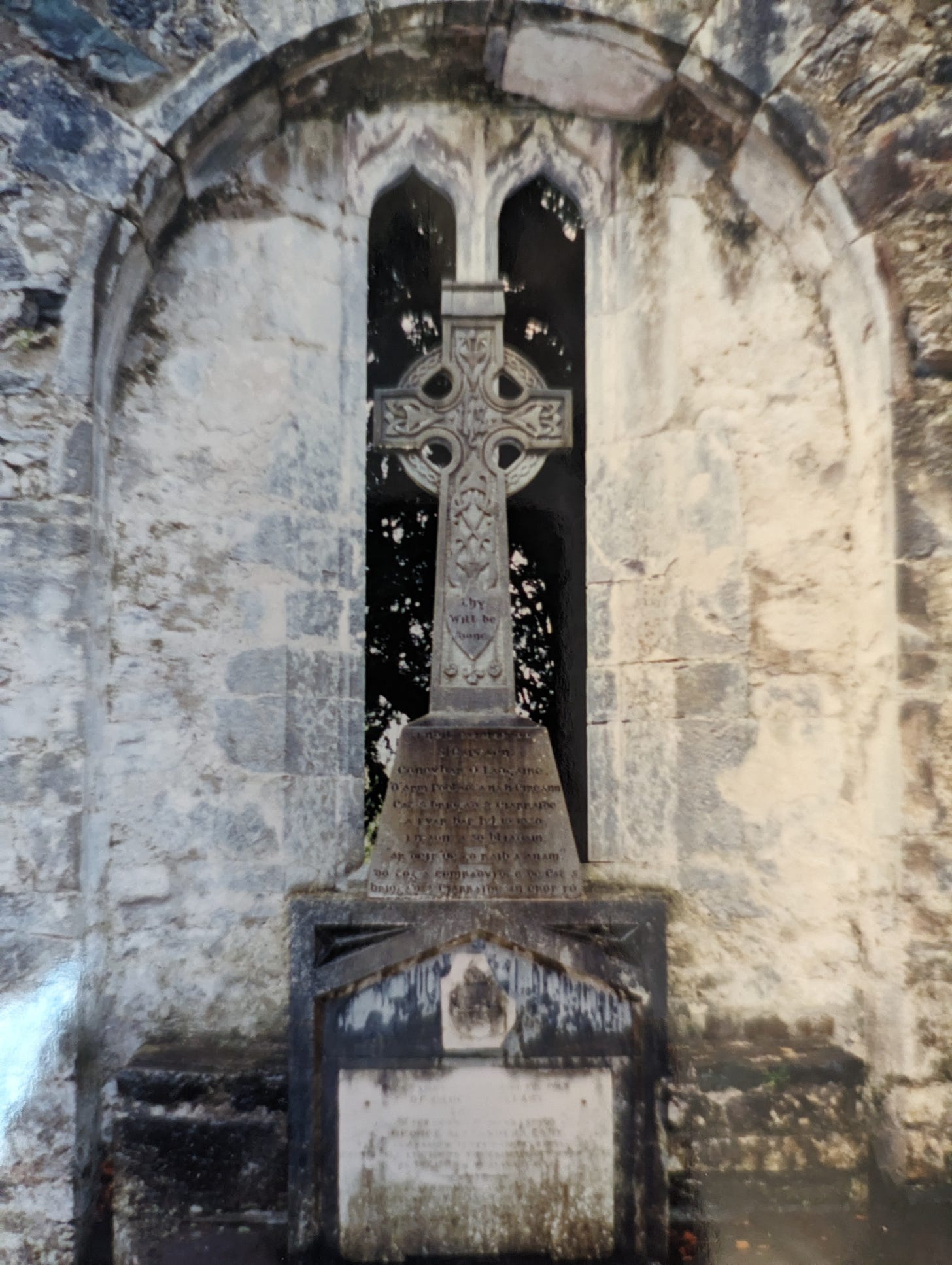
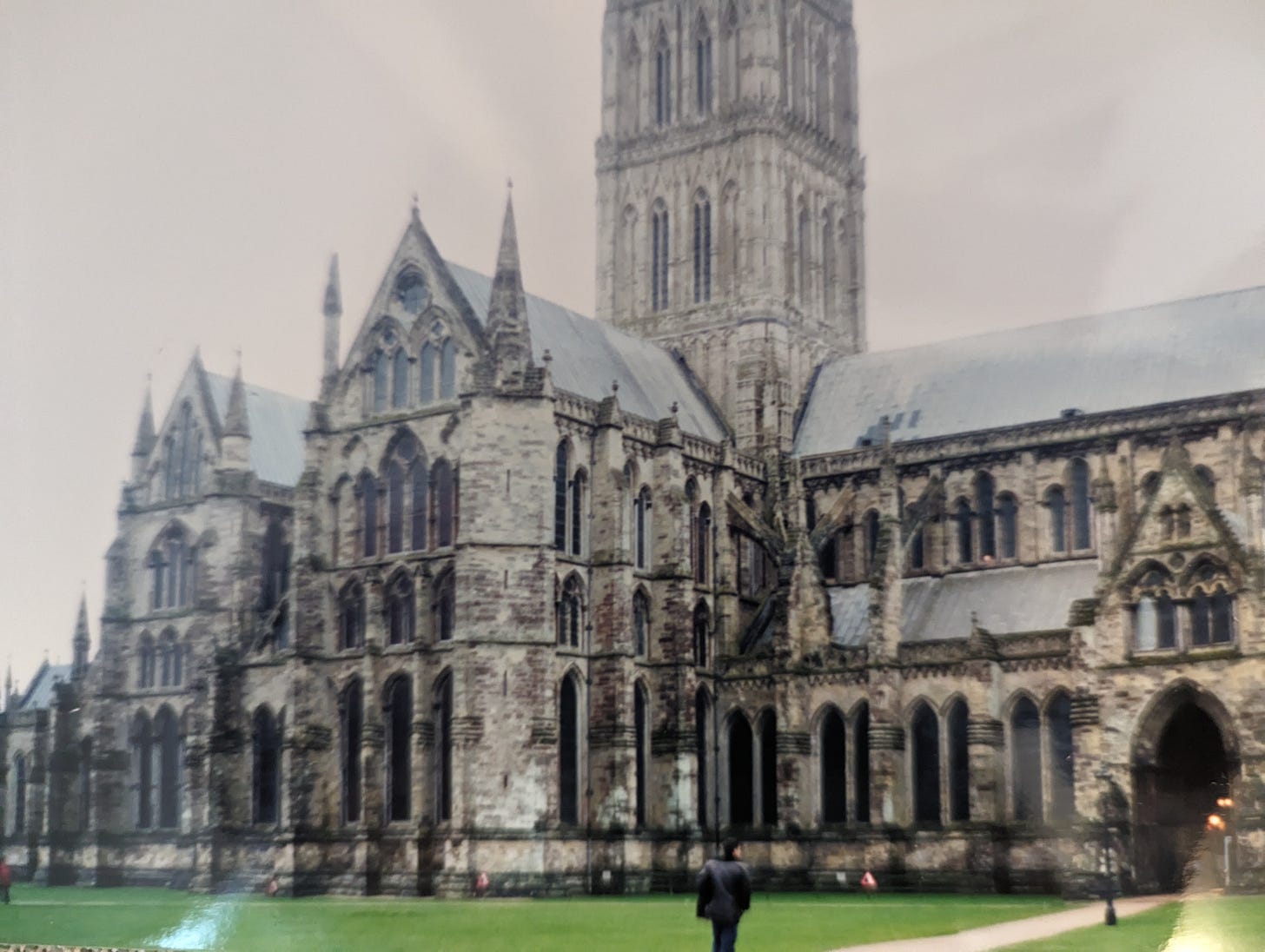
Isn't it wild and wonderful how our faith evolved so much from when we were children/young adults. Your story made me think about my own spiritual widening over the years and more fully recognizing gifts from other denominations/traditions.
I had a similar jaunt through Europe when studying in Scotland (because I'm Presbyterian!) How did we travel without phones and only relying on spotty Internet cafes?! I can't even fathom that now!